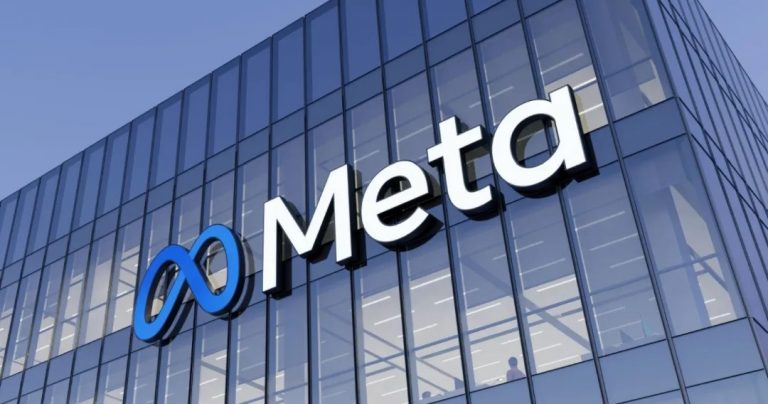
Meta has initiated another round of job cuts within its Reality Labs division, the unit responsible for virtual and augmented reality projects.
The company confirmed that more than 100 employees were affected, particularly in Oculus Studios (its in-house VR content arm) and on the Supernatural fitness game team. Meta says these changes are aimed at streamlining development for future mixed-reality experiences, but it stressed that its commitment to the Quest headset ecosystem and apps like Supernatural remains intact.
As a spokesperson put it, “some teams within Oculus Studios are undergoing shifts in structure and roles that have impacted team size,” and the cuts will help the studio “work more efficiently on future mixed reality experiences.”
Register for Tekedia Mini-MBA edition 19 (Feb 9 – May 2, 2026).
Register for Tekedia AI in Business Masterclass.
Join Tekedia Capital Syndicate and co-invest in great global startups.
Register for Tekedia AI Lab.
Reality Labs has become a significant financial burden. In the fourth quarter of 2024, it recorded an operating loss of nearly $5 billion on about $1.1 billion in sales. The division has posted multi-billion-dollar operating losses annually since Facebook rebranded as Meta and made the “metaverse” a centerpiece of its strategy.
These figures have coincided with a broader cost-cutting drive across the company: earlier in 2025, Meta pared its global headcount by roughly 5%, about 3,600 jobs, in a push for performance and efficiency. Despite the mounting losses, CEO Mark Zuckerberg has publicly maintained that he remains optimistic about Meta’s long-term commitment to AR and VR technologies.
Many investors have grown wary of Meta’s costly metaverse gamble. The company’s stock has largely flatlined as analysts question whether these huge VR and AR expenses will ever pay off. Even Meta’s own executives acknowledge the stakes. CTO Andrew Bosworth warned in an internal memo that 2025 “likely determines whether this entire effort will go down as the work of visionaries or a legendary misadventure.” Outside observers note that Meta is effectively prioritizing VR and AR development while seeking to integrate those platforms into its core advertising and social media business.
This shift follows comments from Zuckerberg and other executives emphasizing that they will de-prioritize projects that don’t quickly feed back into the main Facebook and Instagram ecosystem, focusing first on artificial intelligence, which enhances ads, and avoiding unchecked headcount growth. Historically, Meta’s share price fell sharply as investors voiced skepticism about its pricey metaverse bets even as the company posted disappointing forecasts.
Adding to Meta’s challenges is an unprecedented antitrust trial. U.S. regulators claim that Meta illegally built a social network monopoly by buying up rising rivals, notably Instagram in 2012 and WhatsApp in 2014, rather than competing with them.
Prosecutors have highlighted Zuckerberg’s own words: before the Instagram deal he said he needed to “neutralize a potential competitor,” and before buying WhatsApp he warned it was “a big risk” to Facebook. The FTC’s attorney bluntly argued that Meta’s leadership decided that competition was too hard, so it was easier to buy out its rivals rather than compete with them.
Experts note that if the FTC prevails, Meta could be forced to unwind those acquisitions — effectively breaking up the core $1.3?trillion advertising business that has funded its other ventures. That would be a historic outcome, underscoring the legal peril Meta faces as it defends both its past strategy and its future plans.
Meta’s executives insist the company can manage these headwinds while continuing to invest in its vision. Zuckerberg told analysts that Meta will grow its investment envelope meaningfully before seeing significant revenue from new products, signaling a willingness to absorb losses for now. But outside analysts caution patience, noting that investors remain skeptical of the growing technology spending, and warning that such ambitious bets could take years to pay off. In practice, Meta appears to be refocusing its Reality Labs effort.
Reports suggest it has shelved or slowed less mature VR content projects in order to concentrate on core hardware and services. The company has explicitly reaffirmed that it is committed to investing in mixed reality experiences, including fitness and games, and that its drive to deliver the best experiences on Quest and Supernatural remains unchanged.



